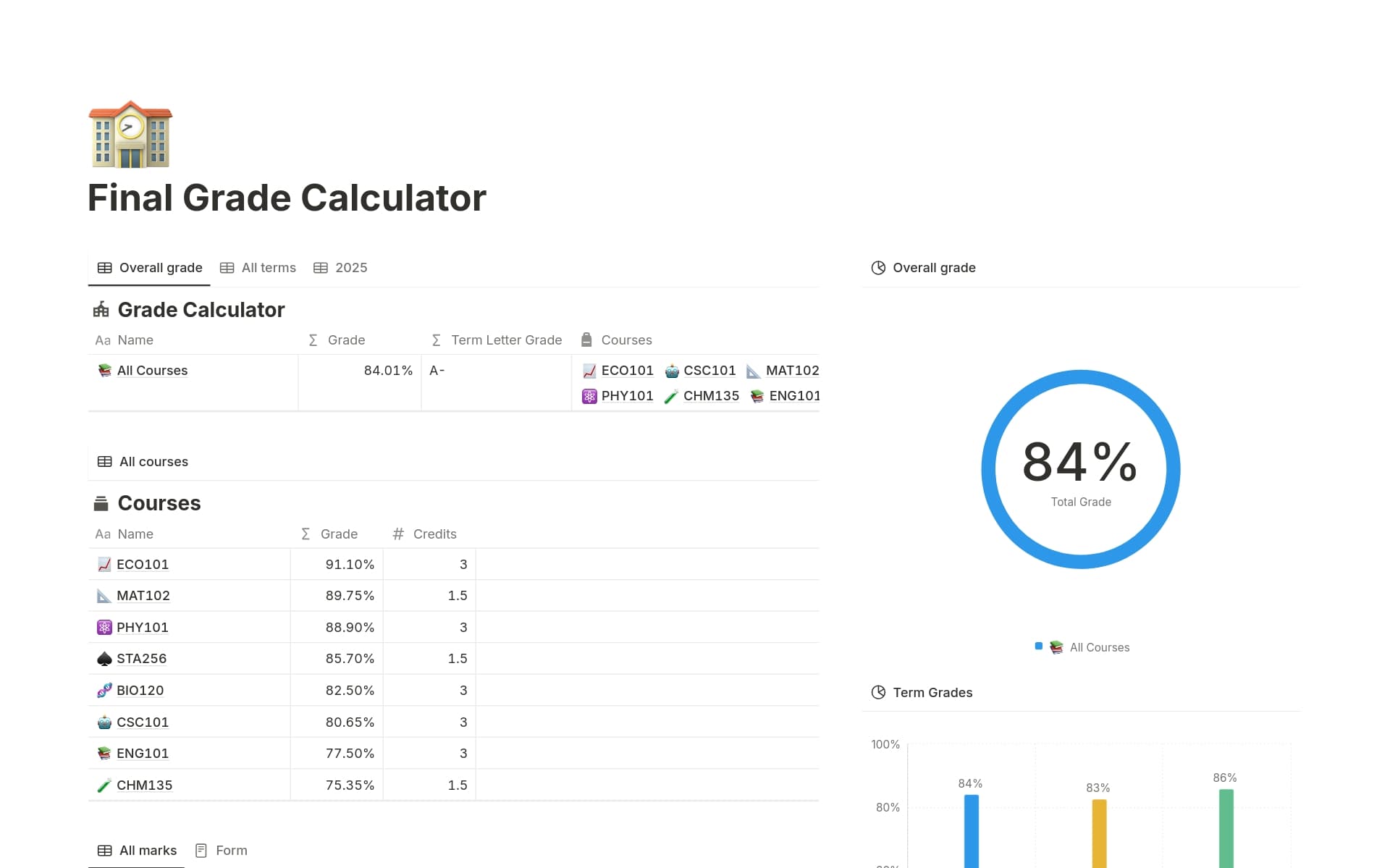You've launched your startup -- now you need to run it! Our startup operations templates help you streamline workflows, collaborate with your team, and track your progress. With features like databases, calendars, and project management tools, you'll stay on top of your to-do list and grow your business faster.
What Should Startup Operations Templates Include?
Choosing the right Startup Operations template in Notion can streamline your business processes efficiently. Here are key components to look for:
Task Management: This component should offer comprehensive tools for tracking daily operations, deadlines, and project statuses to keep your team aligned and accountable.
Resource Allocation: Effective templates will include features that help you manage and optimize the use of your assets, ensuring that every team member has what they need to succeed.
Financial Tracking: Look for templates that facilitate budget management, expense tracking, and financial reporting to maintain healthy business finances.
Communication Channels: A good template should integrate areas for team discussions and updates, making it easy to share information and maintain transparency across departments.
Selecting a template with these components will not only enhance operational efficiency but also support sustainable growth and scalability for your startup.
What Should Startup Operations Templates Avoid?
Choosing the right Startup Operations template in Notion can streamline your business processes effectively. However, it's equally important to know what to avoid in a template to ensure it suits your startup's dynamic needs.
Overly Complex Features: Avoid templates with complicated features that aren't immediately useful. They can overwhelm users and detract from core operational tasks.
Generic Content: Steer clear of templates filled with generic content. They often require extensive customization, which defeats the purpose of using a template to save time and effort.
Non-scalable Structure: Avoid templates that don't allow easy scaling. Startups grow, and their operations need to adapt quickly without the hassle of switching operational systems.
Remember, the best template is one that complements your startup's pace and style without adding unnecessary complexity or maintenance.




